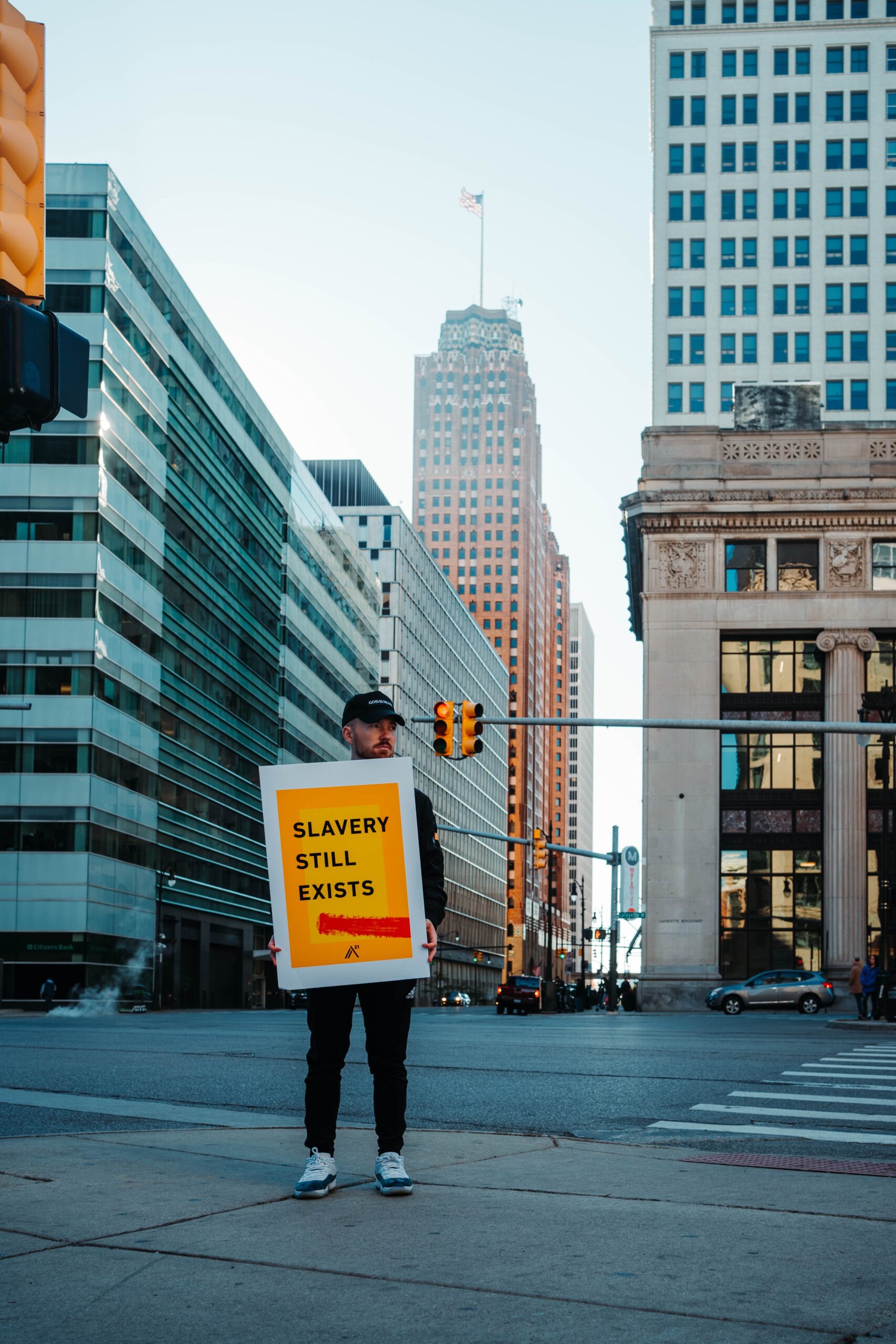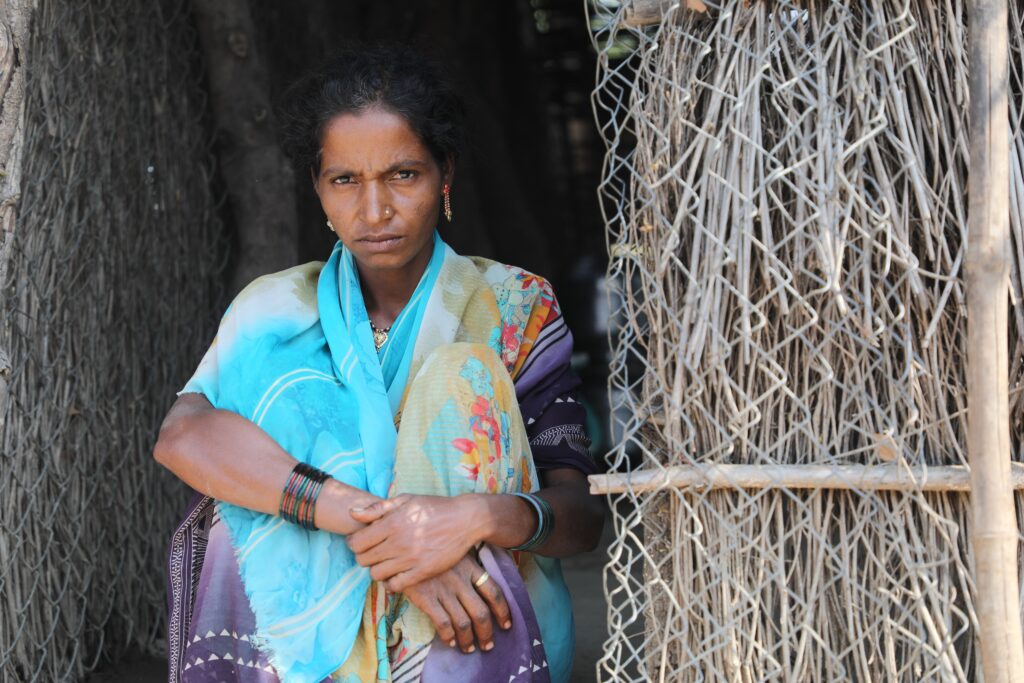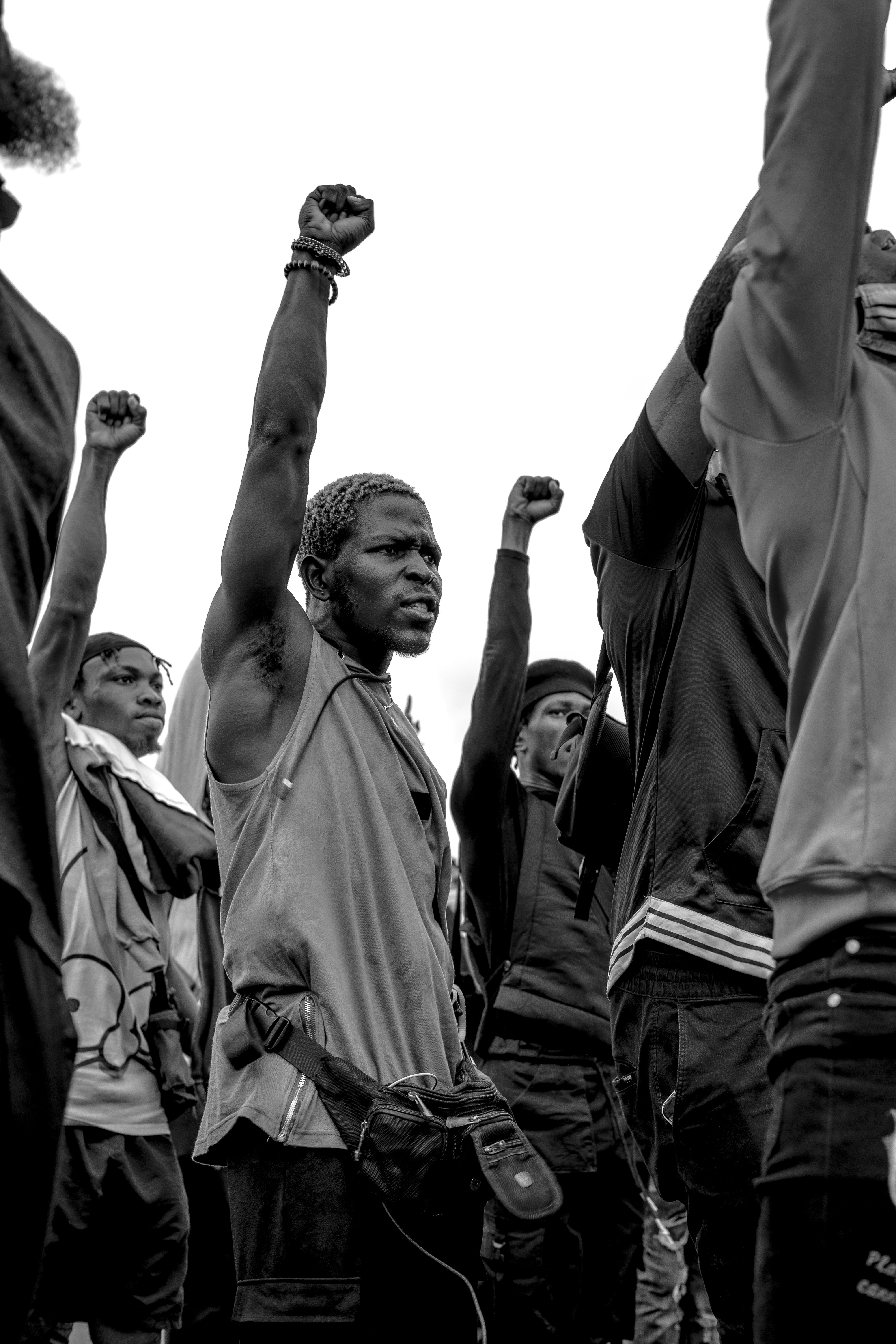The year is 1865 and the US alongside many other countries had passed a law in congress to abolish slavery in the nation. The process of integration and liberation for freed slaves was slow but the damage was still clearly evident with people still being forced into slavery without knowledge that it had even ended. As decades flew by the effects still lingered in society, with segregation and racism happening globally.
Fast forward to 2022 and the life millions of people can afford to live was only but a dream for those living under the evil and inhumane conditions of slavery. Or is it still a dream? Have some people still not woken? Or have some people woken up in the past?
For over 40 million people worldwide this dream of freedom is far fetched. This is the estimated number who are currently living under slave-like conditions and what is now called modern slavery.
Before we continue here are some interesting facts:
➤ Around 1 in 200 people are slaves
➤ Women and girls make up around 70% of modern slavery victims.
➤ North Korea has the highest rate (about 1 in 10 of the population) and India has the highest number with over 8 million victims of slavery.
➤ Human trafficking generates an estimated $150 billion dollars each year.
Hidden in Plain Sight
What if I told you modern slavery happens right in front of your eyes? Take for example smartphones, which have transitioned into such an integral part of our life that we can’t even put them down for five minutes without unlocking it again to swipe through apps.
The fact is the hidden element of modern slavery lurks under the guise of technology and almost every big smartphone brand you can think of plays a role in supply chains that use children for mining.
Democratic Republic of Congo (DRC) produces a mineral called “Cobalt” which powers our phones and smartphone devices. Over 50% of the world’s supply comes from here where around 40,000 children mine this rare mineral.
“Our demand for cheap goods and services has come at a high price for some”
Modern slavery and human trafficking go hand in hand. People fall victim to companies and organised groups through the hands of human traffickers who take them there in the first place to be abused in the name of profit.
Do we really care enough?
I remember well over 10 years ago, rumours were floating around about Nike being complicit in producing shoes and other items from sardine cramped sweatshops in Asia and paying their workers about $40 a month for working over ten hours a day and six days a week. Insane figures!
These working conditions are prevalent even today, in our “developed” and “inclusive” society. Fast fashion brands are some of the worst offenders when it comes to these kinds of exploitation. Heck, I even wrote an article about it a few months ago.
So despite us knowing this happens the question I ask is do we really care enough about this. The answer is not really. Unfortunately, most people aren’t that concerned, as far as it doesn’t affect them directly at least and they are able to continue to buy their cheap products and clothing with next day delivery.
Now I want to caveat by saying, I don’t judge anyone who continues to use and feed this demand and financially support these sorts of companies as even my friends and family do and so have I. However, my stance on certain companies has changed dramatically and it eats me up inside giving them even a single dollar. Take Amazon for example. who their workers have openly come out and reported for modern slavery only goodness knows how many times. If you want to find out my views and read some stuff you won’t even imagine happens in the warehouse giants then read my other article.
But what I will say is, I’m definitely more conscious when it comes to buying certain products. Before I buy anything I ask myself, “do I really need this?”. This helps me sieve through my needs and wants alongside moral beliefs.
I believe we all play a role and although we’re not the ones directly implicit we can at least reduce the amount we consume. We certainly don’t mind drinking the cheap wine or even questioning how companies can sell clothing at such cheap prices.
Of course, the lion share of the burden lies on the actual companies directly profiting from the forced labour.
The truth is, the life we live is one way or another as a result of continued modern slavery.
The role of technology in all of this
Technology has a major role to play in the success of survivors and also the invisibility cloak of perpetrators. Victims of modern slavery are able to get the support they need through the internet and online chat facilities.
On the flip side, technology like artificial intelligence (AI) is used extensively to not only track behaviours of people looking to fight against modern slavery but at the same time track and mark people to exploit. Take Huawei for example who’s technology patent has been found to identify Uighurs from a crowd to in turn send them to forced labour camps.
Ultimately I believe technology is the tool we will have to use to defeat modern slavery by boycotting online, removing and tracking supply chains that continue to benefit from this practice.
My Personal Take
The Covid era which started in 2020 has perhaps been the greatest transfer of wealth in our entire human history and certainly in my generation. Millions of people lost their jobs and were unable to gain access to their source of income. This was mainly due to being forced into lockdowns and economies collapsing like Libya, Venezuela and Afghanistan I pose the question:
How much of a factor has this (Covid) played on modern slavery and human trafficking in recent years?
My prediction is it has caused a massive hole in peoples faith in society, forcing them to work by any means which in turn means they become sucked into the other side of the world, the black market kind.
If we are ever to see a change we must first get rid of every and all restrictions to at least restore faith in people to not go down that path. Secondly, the money which has been hoarded by governments globally will need to be reinvested back to give people opportunities to work legally.
Finally, less is more when it comes to consumption, and companies need to face strict penalties if they are even caught with a whiff of being complicit in supply chains which include forced labour.
Slavery never really ended… it only evolved.
Important note: If you find or know of anyone who is a victim of modern slavery please contact Unseen or the helpline 08000 121 700.
I would also like to say a Happy New year! To all my readers around the globe and I hope this year brings joy for you all, Thanks for reading. If you liked this article please share it.







